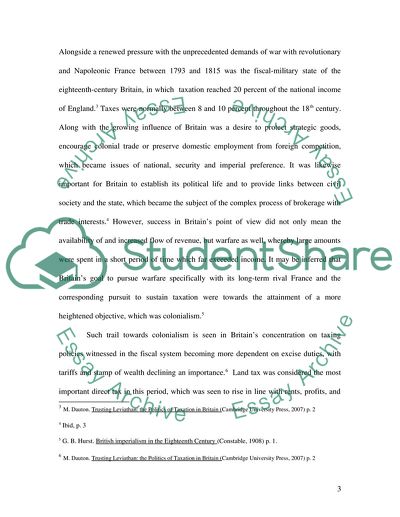Cite this document
(The British Overseas Trade Case Study Example | Topics and Well Written Essays - 1250 words, n.d.)
The British Overseas Trade Case Study Example | Topics and Well Written Essays - 1250 words. Retrieved from https://studentshare.org/history/1552069-how-were-british-overseas-tradeslaverywar-and-taxation-linked-during-the-eighteenth-century
The British Overseas Trade Case Study Example | Topics and Well Written Essays - 1250 words. Retrieved from https://studentshare.org/history/1552069-how-were-british-overseas-tradeslaverywar-and-taxation-linked-during-the-eighteenth-century
(The British Overseas Trade Case Study Example | Topics and Well Written Essays - 1250 Words)
The British Overseas Trade Case Study Example | Topics and Well Written Essays - 1250 Words. https://studentshare.org/history/1552069-how-were-british-overseas-tradeslaverywar-and-taxation-linked-during-the-eighteenth-century.
The British Overseas Trade Case Study Example | Topics and Well Written Essays - 1250 Words. https://studentshare.org/history/1552069-how-were-british-overseas-tradeslaverywar-and-taxation-linked-during-the-eighteenth-century.
“The British Overseas Trade Case Study Example | Topics and Well Written Essays - 1250 Words”. https://studentshare.org/history/1552069-how-were-british-overseas-tradeslaverywar-and-taxation-linked-during-the-eighteenth-century.


